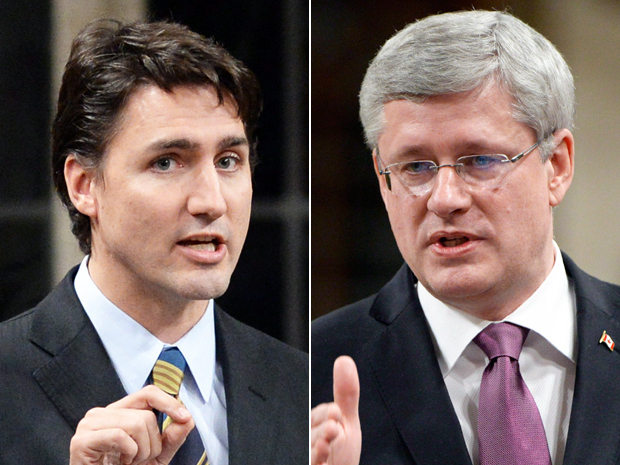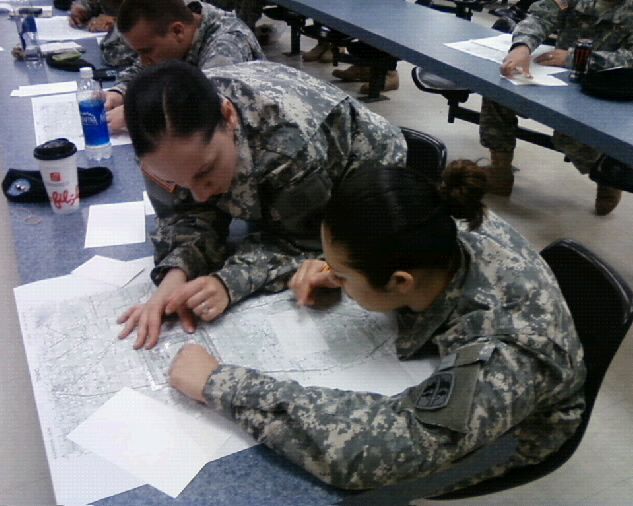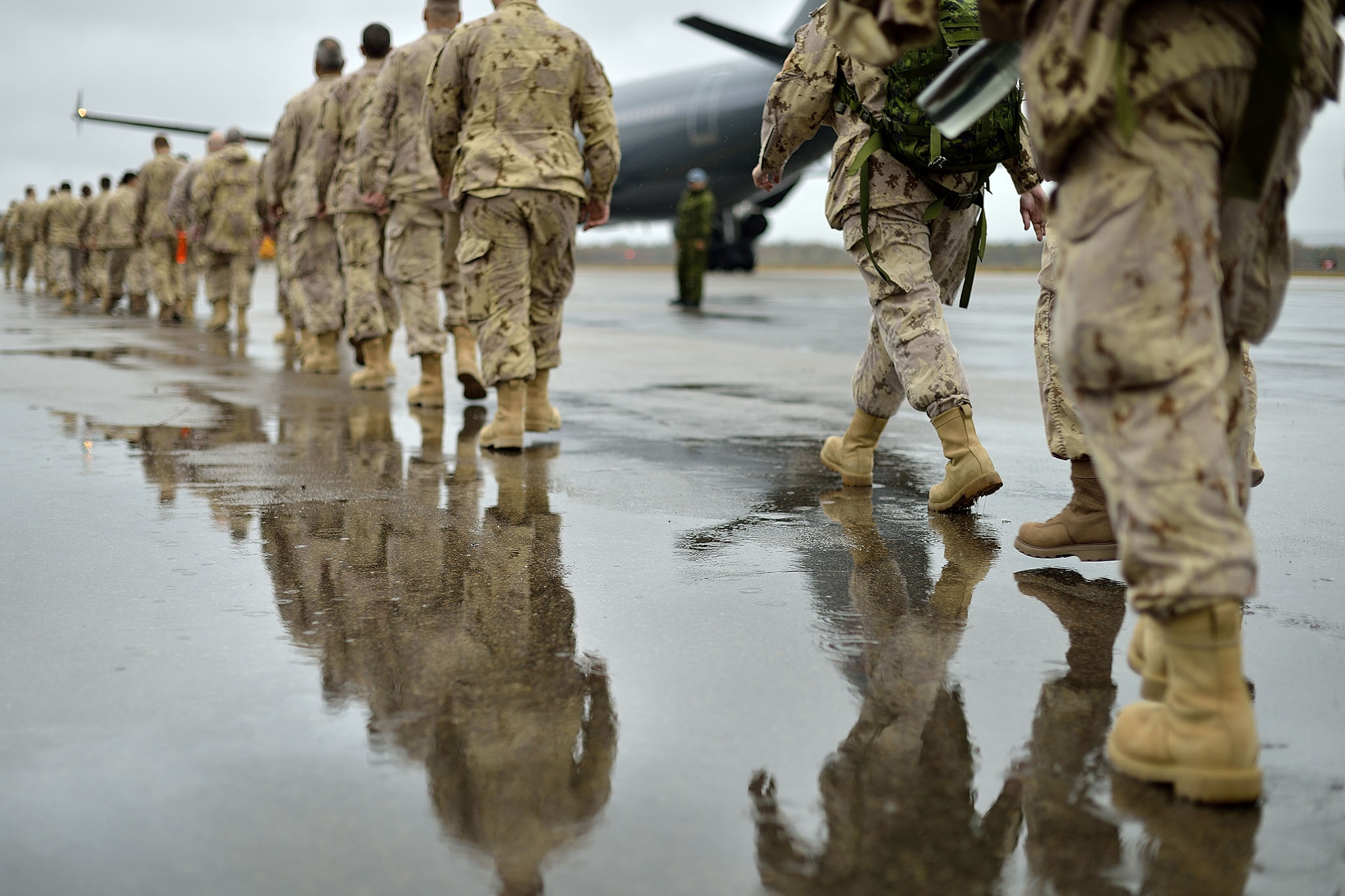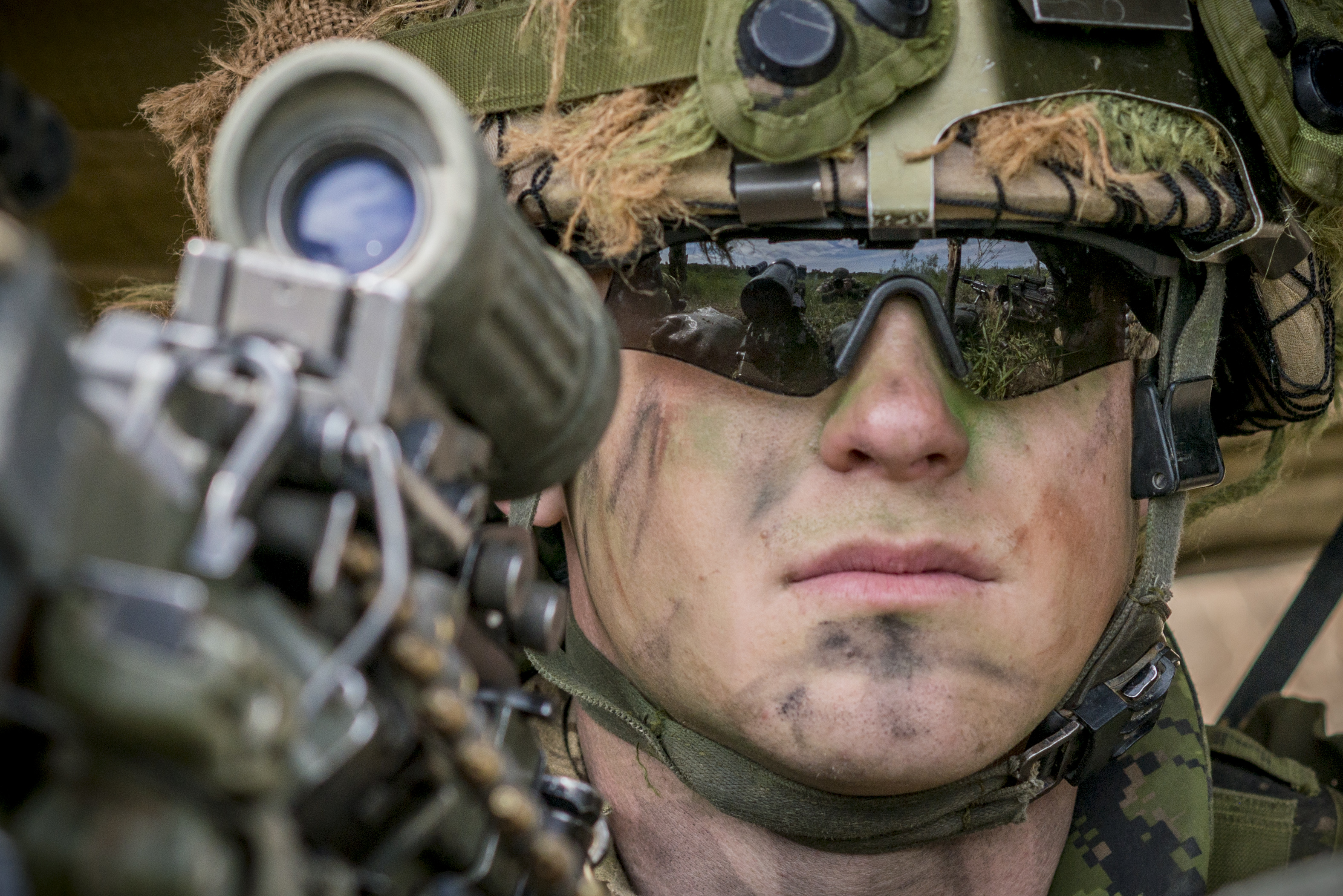Canadian politics is dominated by a dichotomy between the Liberal and Conservative parties. With a relatively even historical split of party leadership, both have been in power during times when Canada has taken combat roles. With political activity ramping up for the Federal election in one year’s time it is important to consider which party is best for the Canadian military and it’s defense industry.
Traditionally speaking it has always been believed that a Conservative government is best for ensuring a strong defense budget. In Prime Minister Stephen Harper’s first term there was evidence of increased spending and there was much talk about procuring new military equipment to fit the needs of the Canadian Forces. The Canada First Defense Policy of 2008 listed a range of objectives and equipment acquisitions to take place over the next 20 years with a projected $500-billion in spending. In Harper’s second term there has been a consistent decline in military spending and a withdrawal of earlier promises concerning military procurement projects. David Perry of the Conference of Defense Association Institute wrote a report entitled ‘The Growing Gap Between Defence Ends and Means: The Disconnect between the Canada First Defence Strategy and the Current Defence Budget’ outlining the recent state of the Department of National Defense (DND) budget cuts. Perry stated that by restraining DND spending the current conservative government has taken steps toward erasing the government deficit at the cost of reducing available military options.
A decrease in spending however has not been reflected in Canadian military participation internationally. With Harper’s recent commitment of CF-18s, an air-to-air refueling craft and two surveillance planes to the American-led mission against ISIS, plus the stationing of military advisors in Iraq, and troops posted in Poland, this period has been one of the most active periods ever for the Canadian Armed Forces.

Conversely, the Liberals have recently denounced Harper’s commitment to send Canadian jets to assist in the American led bombing campaign, and retracted any kind of support for military advisors in Iraq claiming the Liberals did not understand the breadth of their participation on the ground. Opposition Leader Justin Trudeau was cited as saying any Canadian airstrikes in Iraq would be “trying to whip out our CF18’s and show them how big they are”. Trudeau insists that Harper is utilizing Canadian military personnel and equipment hazardously without justification for Canada’s involvement in an international mission. He has gone as far as calling it ‘Harper’s war’.
Historically speaking, the largest increase to the military budget in Canada in the past few decades, and Canada’s largest militaristic commitment since WWII was taken under Liberal leadership. Canadian involvement in Afghanistan was launched by Prime Minister Paul Martin, which coincided with the largest increase in military spending in decades. It was followed by Stephen Harper’s Canada First policies of 2008, which sparked a rise in procurement of new military equipment, but it was Liberal leadership that began the increase.
With this balancing act of both parties taking turns raising and decreasing military expenditure, it would be hard to single out which one is best for the Canadian military and the Canadian defense industry. In truth since the wrap-up of the Afghanistan war Canadians have called for a shift in attention to issues at home, for example the National deficit, and as a result has distracted the gaze of political parties from focusing on military procurement for the time being. However with international tensions increasing over issues such as ISIS and Crimea, increasing military capabilities by complimenting the present need with new equipment will be an issue neither party can ignore on the campaign trail over the next year.




